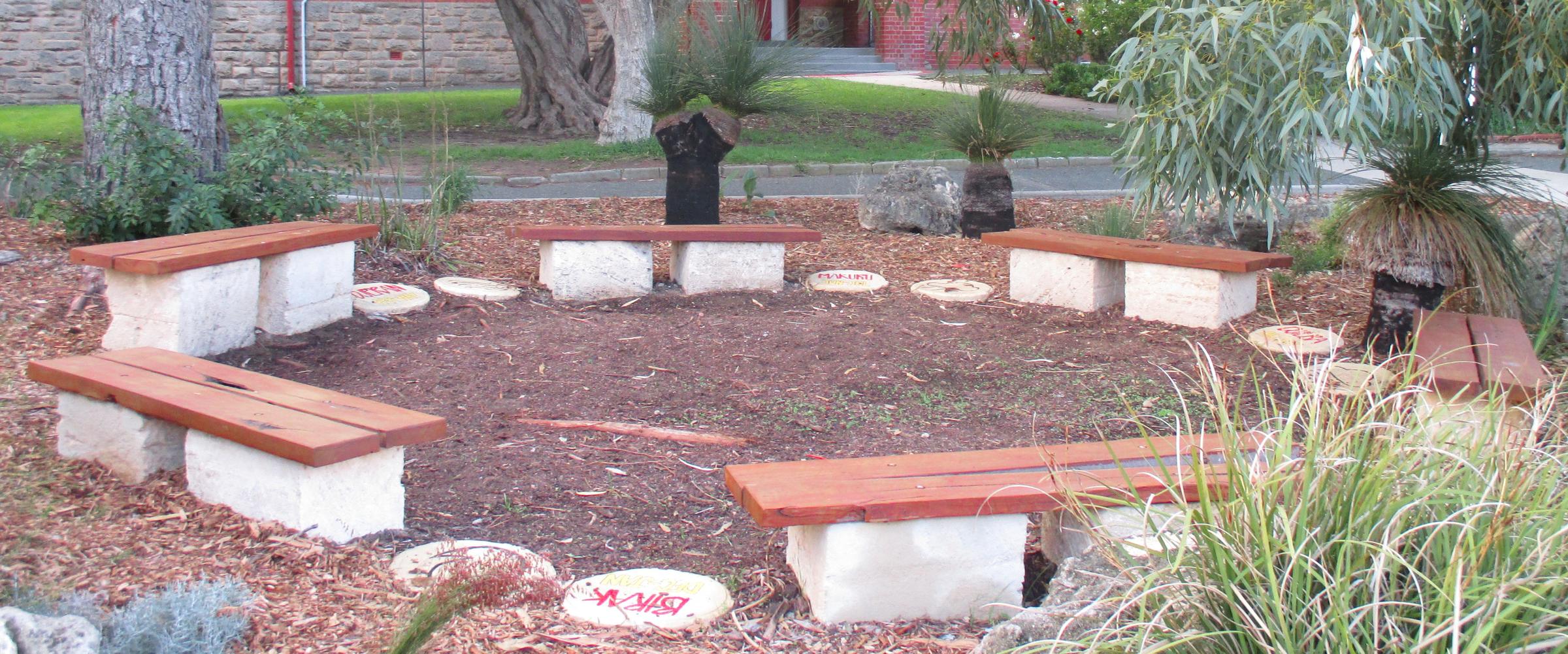What's Happening

Positive Behaviour Strategies (PBS) Program
Positive Behaviour Strategies (PBS) Program
As part of our PBS program, we are currently in the process of ordering in some ROS mascots for our PP to Yr 2 classes.
Our students show pride by being:
- Respectful
- Organised and
- Safe
We look forward to bringing you news on how the mascots are working in our junior primary classes.
PBS Committee
Kids & Anxiety Workshop
Activities To Keep Up Our Well-Being
As part of our ongoing focus on social-emotional skills, we recognise the importance of finding ways to check in with and keep up our well-being. We can do things at home to make sure we are keeping well in a few different ways. Here are some examples of things we can all do to keep our minds, bodies and feeling well!
Physical:
- Set up an obstacle course in your lounge or backyard.
- Do some guided yoga or dance moves using an online video or printed instructions. You can use platforms such as GoNoodle or SmilingMinds.
- Make up a dance to your favourite song.
- Try something new for breakfast or cut your fruit into cool shapes using a cookie cutter.
Social:
- Use phone calls, FaceTime, Skype or Zoom with friends or family members. You could watch a movie at the same time or read a book to a loved one.
- Use a fancy pen and write a letter to someone you care about. Bonus: include some drawings around the sides or a puzzle they can solve!
- Start a Book Club and share what you thought of the book chosen for the week. These can be picture books for younger years or chapter books for older children. Make predictions together about what you think will happen next.
- Find a recipe that you and your friend can cook at your homes. Take a photo and share how you thought it tasted or how easy the recipe was.
Emotional and Mental:
- Keep a journal to help write out how you’re feeling.
- Talk to your parents, friends and teachers if you have worries.
- Practise mindfulness: You could use SmilingMinds online or close your eyes while listening to calming music.
- Do some arts or crafts and get colourful!
- Take up a new hobby like learning some phrases in a new language, or planting some vegetable leftovers in the garden.
We’d love to hear any more activities you came up with to do at home!
The Health Committee
Italian
Help, Signora Hawke!
Want to keep in touch with listening to, speaking, reading and writing Italian? Fantastico! Here is a list of sites which offer educational games and other activities which are fun to play, and many give instant feedback on your progress:
- https://www.education.vic.gov.au/languagesonline/italian/italian.htm51 themes, each with several interactive games, vocab posters and worksheets available
- https://www.learn-italian.net/italiantopics beginners and intermediate levels, 15 topics (with several choices within),10 games available
- https://www.digitaldialects.com/Italian.htm 17 topics with interactive games to build word bank
- http://www.hello-world.com/languages.php/?language=Italian
- “More than 700 FREE Italian games and activities”
- https://www.euroclub-schools.org/italian-zone
- dozens of interesting topics relating to Italian culture, including songs, cooking lessons, jokes and quizzes.
- https://www.youtube.com/results?search_query=%23BookBoxItalian
- animated stories with English subtitles
FYI – Google Chrome is the best server on Microsoft devices.
Buon divertimento! – Have fun and happy learning!

